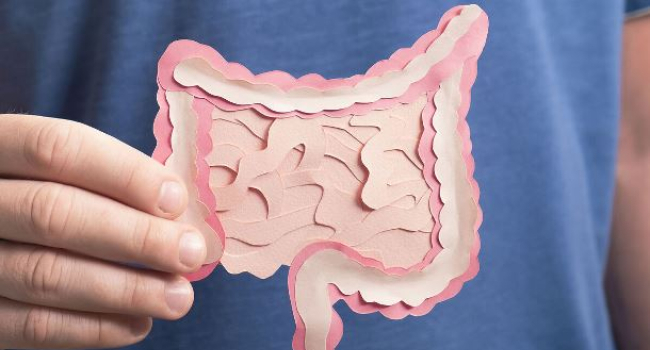- Latest news▼
-
18:44, May 7 Car interior materials emit harmful substances suspected to cause cancer - study

-
16:47, May 7 Daily Mail: eating nuts and seeds can reduce risk of cancer and heart disease

-
14:52, May 7 Red, highly processed meat increases risk of cancer, experts say

-
08:38, May 7 Human brain is getting bigger, scientists believe this could help reduce risk of dementia

-
16:38, May 6 Daily Mail: decaf coffee is high in fibre

-
15:26, May 6 Ministry of Health of Armenia: Laboratory-confirmed measles cases increased by 27 compared to the previous week

-
14:41, May 6 MedicalXpress: Diabetes drug lowers COVID-19 viral load 4-fold, study finds

-
08:27, May 6 Researchers determine how physical activity affects women's health in middle age

-
18:15, May 4 What role does diet plays in the treatment of bipolar disorder?

-
10:52, May 4 Scientists identified dangerous health effects for families with gas cookers in their homes

-
12:36, May 3 Smoking during pregnancy may lead to obese children, study finds

-
10:29, May 3 Scientists discover cell responsible for repairing damaged liver tissue

-
20:17, May 2 NBR: low to moderate intensity exercise protects against depression

-
18:28, May 2 Sixth Armenian International Ophthalmological Conference will be held on 17-19 May

-
16:11, May 2 ВJN: High-fat foods may increase the risk of heart attack and stroke at a young age

All materials
Cell: more Oscillibacter gut bacteria reduces risk of heart disease

Scientists from the Broad Institute and Harvard University (both in the US) have found that a greater number of the special bacteria Oscillibacter and Eubacterium coprostanoligenes in the gut helps to lower blood cholesterol levels, thereby preventing the development of cardiovascular disease. The results of the study are published in the journal Cell.
The research team analysed the metabolites and microbial genomes of more than 1,400 participants in the Framingham Heart Study. This is a major US research project looking at risk factors for cardiovascular disease. Scientists sought to find out which changes in the gut microbiome correlate with better heart and vascular function.
The results showed that people with more Oscillibacter and Eubacterium coprostanoligenes bacteria in their gut showed improved cholesterol metabolism. Oscillibacter and Eubacterium coprostanoligenes are able to convert cholesterol into intermediates that can then be broken down by other bacteria and eliminated from the body.
Reducing cholesterol concentration is associated with protection against atherosclerosis, a chronic disease in which plaques form in the lumen of arterial vessels. Atherosclerosis affects the walls of blood vessels, reducing their elasticity and creating an obstacle to the flow of blood. As a consequence, there is a violation of blood supply to internal organs and hypertension develops. Atherosclerotic plaque rupture threatens such dangerous conditions as myocardial infarction or stroke.
Follow NEWS.am Medicine on Facebook and Twitter
- Video
- Event calendar
- Archive
- Most read
month
week
day
- AstraZeneca admits its Covid vaccine can cause thrombosis 1518
- Sixth Armenian International Ophthalmological Conference will be held on 17-19 May 1483
- Journal of Neuroscience: Sluggishness of the elderly is due to greater use of calories, research finds 1277
- ВJN: High-fat foods may increase the risk of heart attack and stroke at a young age 1262
- NBR: low to moderate intensity exercise protects against depression 1252
- Armenia joins Council of Europe convention on protection of patients' rights 1233
- Patterns: Neural network created that models outcome of various patient therapy methods 1175
- Smoking during pregnancy may lead to obese children, study finds 1070
- Scientists discover cell responsible for repairing damaged liver tissue 1057
- Scientists identified dangerous health effects for families with gas cookers in their homes 918
- What role does diet plays in the treatment of bipolar disorder? 857
- MedicalXpress: Diabetes drug lowers COVID-19 viral load 4-fold, study finds 554
- Researchers determine how physical activity affects women's health in middle age 417
- Daily Mail: decaf coffee is high in fibre 395
- Ministry of Health of Armenia: Laboratory-confirmed measles cases increased by 27 compared to the previous week 383
- Find us on Facebook
- Poll





